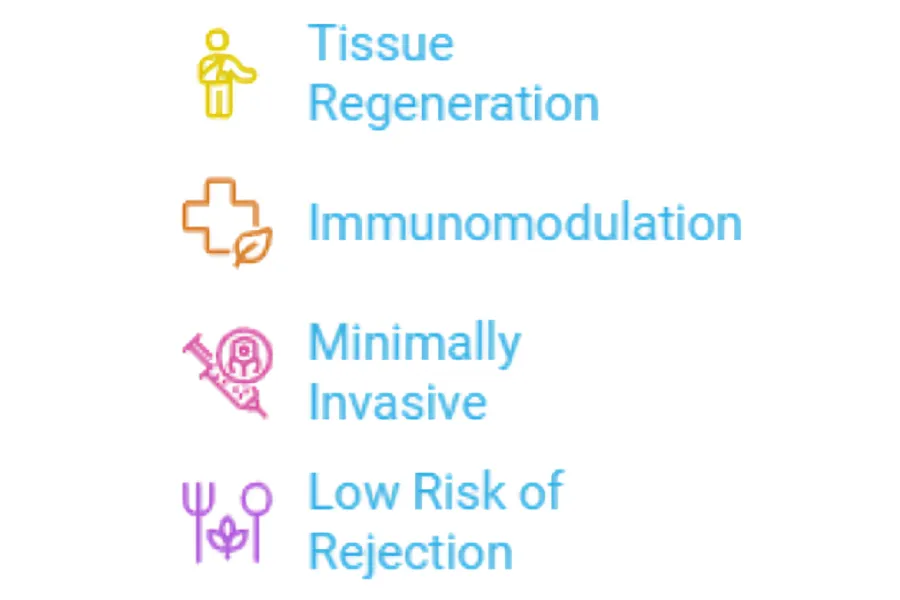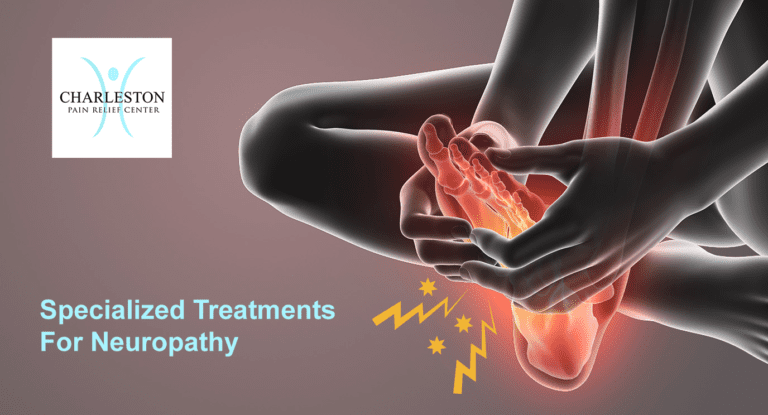Mesenchymal Stem Cells (MSCs) have emerged as a promising therapeutic option in the field of regenerative medicine. These versatile cells are being studied and used to treat a wide range of conditions, from musculoskeletal disorders to autoimmune diseases. In this blog post, we’ll explore what MSCs are, how they work, the conditions they can treat, and the benefits and potential risks of MSC treatment.
What are Mesenchymal Stem Cells (MSCs)?
Mesenchymal Stem Cells (MSCs) are multipotent stromal cells that can differentiate into various cell types, including bone cells (osteoblasts), cartilage cells (chondrocytes), and fat cells (adipocytes). They are typically sourced from bone marrow, adipose tissue, and umbilical cord tissue.
How Do MSCs Work?
MSCs work primarily through paracrine interactions, which means they secrete bioactive factors that promote healing and tissue regeneration. These factors include:
Growth Factors: Stimulate cell growth and proliferation.
Cytokines: Modulate the immune response.
Extracellular Vesicles: Contain signaling molecules that facilitate cell-to-cell communication.
MSCs also have immunomodulatory properties, meaning they can regulate the immune system, reducing inflammation and promoting a healing environment.
What Conditions Can MSCs Treat?
Orthopedic Conditions
Osteoarthritis: MSCs can help regenerate cartilage and reduce inflammation.
Bone Fractures: MSCs can accelerate bone healing.
Tendon and Ligament Injuries: MSCs can promote tissue repair and reduce scarring.
Autoimmune Diseases
Rheumatoid Arthritis: MSCs can modulate the immune response to reduce inflammation.
Multiple Sclerosis: MSCs can help repair damaged myelin sheaths and modulate the immune system.
Neurological Conditions
Stroke: MSCs can promote neural regeneration and reduce inflammation.
Parkinson’s Disease: MSCs can potentially slow disease progression and promote neural repair.
Cardiovascular Conditions
Heart Failure: MSCs can promote the regeneration of heart tissue and improve cardiac function.
What Are the Benefits of MSC Treatment?
Tissue Regeneration: MSCs can differentiate into various cell types, promoting the regeneration of damaged tissues.
Immunomodulation: MSCs can regulate the immune system, reducing inflammation and promoting a healing environment.
Minimally Invasive: MSC treatments are often administered through injections, reducing the need for surgery.
Low Risk of Rejection: Since MSCs can be sourced from the patient’s own body, the risk of immune rejection is low.
Mesenchymal Stem Cells (MSCs) offer a promising avenue for the treatment of a wide range of conditions, from orthopedic injuries to autoimmune diseases. With their ability to promote tissue regeneration and modulate the immune system, MSCs are at the forefront of regenerative medicine. However, it’s essential to consult with a healthcare provider to understand the potential benefits and risks of MSC treatment for your specific condition.
For more information on MSC treatment and other regenerative therapies, contact Charleston Pain Relief and Wellness Center today. Our team of experts is dedicated to helping you find the best treatment options to improve your quality of life.
Keywords: Mesenchymal Stem Cells, MSCs, regenerative medicine, stem cell therapy, orthopedic conditions, autoimmune diseases, neurological conditions, cardiovascular conditions, tissue regeneration, immunomodulation, risks of stem cell therapy, benefits of stem cell therapy.























